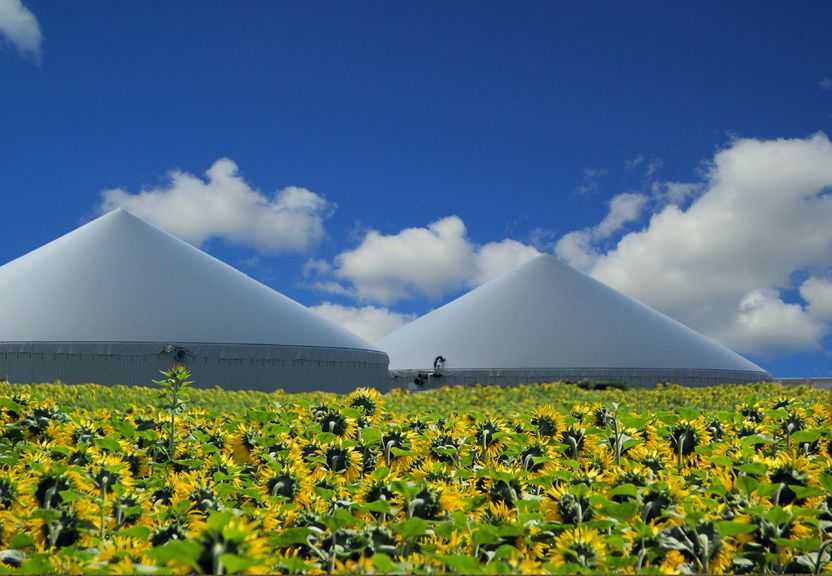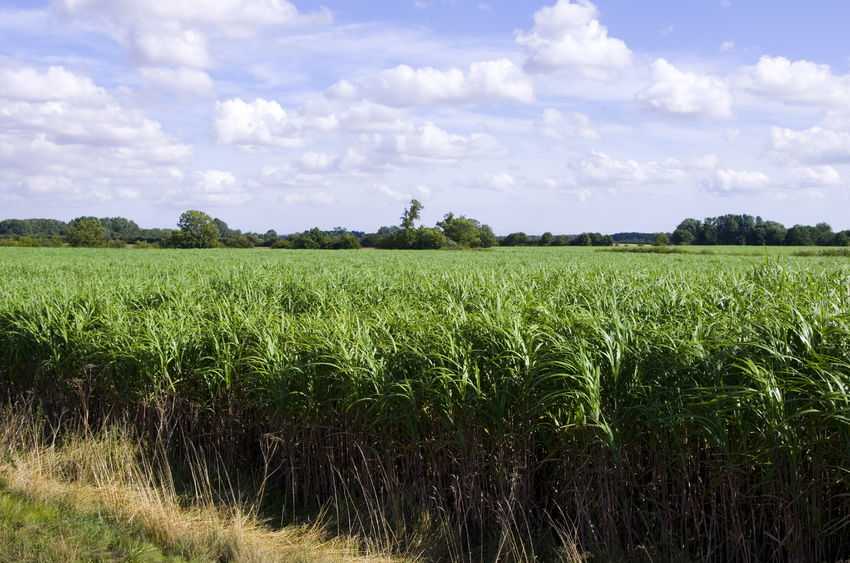UK urged to provide more incentives to farmers growing fuel crops

The UK should provide more incentives to farmers growing fuel crops to double production of biofuels, according a new study.
The report, from the Royal Academy of Engineering, balances out the pros and cons of biofuels.
It said growing energy crops is recommended, particularly where it can be done on marginal land that is unsuitable for food production, housing or has been degraded through deforestation.
The report said incentives should be given to farmers to increase production of fuel crops like Miscanthus.
And the UK is being urged to convert waste cooking oil and dregs from whisky production into useful energy.
These are the so-called 'second generation' biofuels. They are mainly waste products.

High-risk land use
Biofuels have a role to play in meeting the UK’s commitments to climate change mitigation.
European Union has mandated that 10% of transport fuels should come from sustainable sources by 2020.
The report states that such fuels can be sustainable and could make a real impact in reducing carbon emissions, although action is needed to manage the risks involved, improve traceability and avoid fraudulent practice.
The report finds that scientists and farmers now understand much more about what specific crops and regions pose a high risk of land-use change and how these risks can be managed, and it sees a continued role for biofuels from some agricultural feedstocks.
Waste cooking oil
It calls on government to incentivise the development of second generation biofuels in the UK, in the first instance those derived from wastes and agricultural, forest and sawmill residues.
These might include converting waste cooking oil, municipal solid waste, the dregs from whisky manufacture or even fatbergs - the bane of sewer management companies - into useful fuel.
While in countries like the US and Brazil biofuels are mainly made from maize or sugar cane, the main sources in the UK are wheat and used cooking oil.
First generation biofuels manufactured from crops like corn have proved controversial.
There have been concerns that increased demand for crops drives the conversion of land to agriculture, with the consequent risks of an increase in deforestation, drainage of peatlands, loss of biodiversity, as well as associated usage of freshwater, fertilisers and pesticides.








